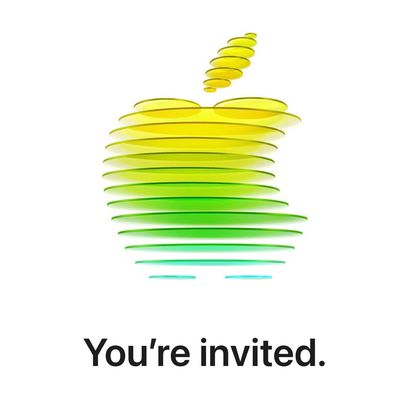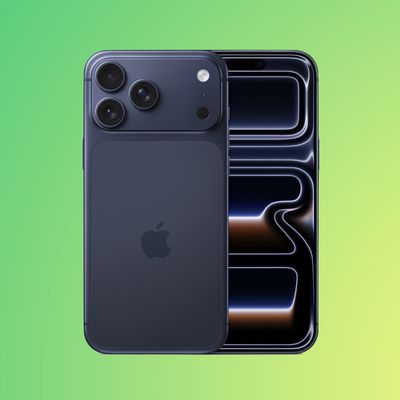![]() The Wall Street Journal reports that Italy's Antitrust and Competition Authority has launched an investigation to determine whether internet companies such as Apple, Google, and Amazon mislead people by offering in-app purchases for titles that are listed as free downloads.
The Wall Street Journal reports that Italy's Antitrust and Competition Authority has launched an investigation to determine whether internet companies such as Apple, Google, and Amazon mislead people by offering in-app purchases for titles that are listed as free downloads.
Consumers could be led to think, contrary to reality, that a game is completely free and therefore they don't know ahead of time the game's true cost," the regulator said in a statement. "It appears also that there is a lack of information regarding how to exclude or limit the possibility of making a purchase inside the app.
The news comes as Apple has been the target of multiple complaints from consumers and regulatory agencies over in-app purchases in recent years. After multiple parental complaints were filed with the FTC in 2011, Apple came to a settlement in January which saw the company provide $32 million in refunds to parents whose children purchased unauthorized in-app items.
Apple has also implemented a number of changes to its in-app purchase policies, including requiring a separate passcode entry for initiating in-app purchases, providing multiple notifications before a purchase is made, and obtaining express consent from consumers before billing them for an in-app purchase. The company has also displayed "Offers In-App Purchases" disclosure on individual app detail pages and inserted small "In-App Purchases" notifications for apps in Top Charts listings and elsewhere.
If found at fault, Apple could receive a maximum fine of €5 million, or approximately $6.8 million. Italian regulators previously fined Apple $1.2 million in late 2011 and another $260,000 in late 2012 over AppleCare practices, stating that the company was not providing customers with sufficient information about the two years of the free product warranty required under Italian law. As a result of this, Apple added an online statement on warranty disclosures to its customers in Italy.





















Top Rated Comments
Like a lot of what the EU does with new technologies, the Italian government is attempting to make pricing clearer and ultimately protect us, the consumer. That can only be good in the long run!
1. Steve did tell Tim how to steer it years before he died.
2. Steve is no longer alive.
3. Steve started the portfolio of gadgets, consumer nick nacks, and other purely moneymaking ventures with zero redeeming value to humanity.
4. Tim has done a lot for humanity and charity while Steve refused to.
No he shouldn't. It's a company, not a religion. Tim Cook should make decisions based on his own wisdom, much of which is based on his experience having worked with Jobs and seeing what made Apple successful, not based on speculation about what someone else would have done. If enough people think he didn't learn the right lessons, he should be replaced.
There's also a suggestion in your comment that you have a better understanding of Jobs from watching a few keynotes and maybe reading a book, than Cook does after working side by side with Jobs for more than a decade. By all accounts, Jobs left Cook in charge-- which should tell you the direction in which he wished to steer the company.
----------
My first statement is that I don't get the sense there's a law that's being broken, and after that I was expressing my opinion that there shouldn't be a law written.
As I said before, I haven't studied this case deeper than the article, so maybe there's a "can't get people to download something for free and then ask them to pay a little bit more" law in Italy, but as it's written it looks like they're implying something close to what I'd understand as "fraud"-- and I don't agree.